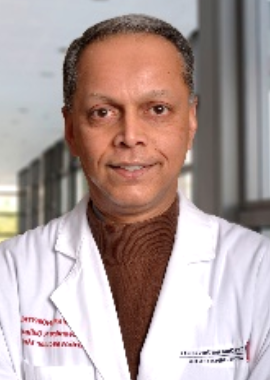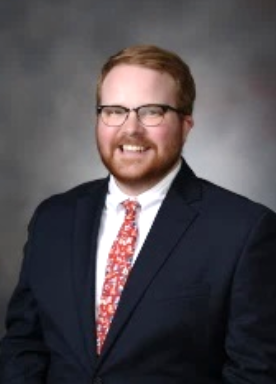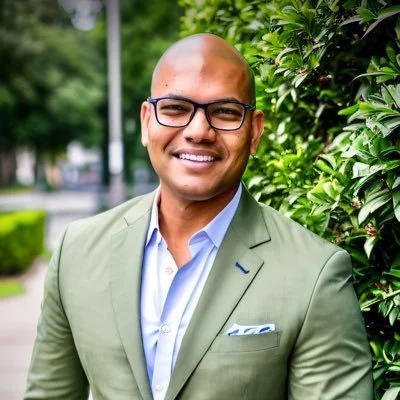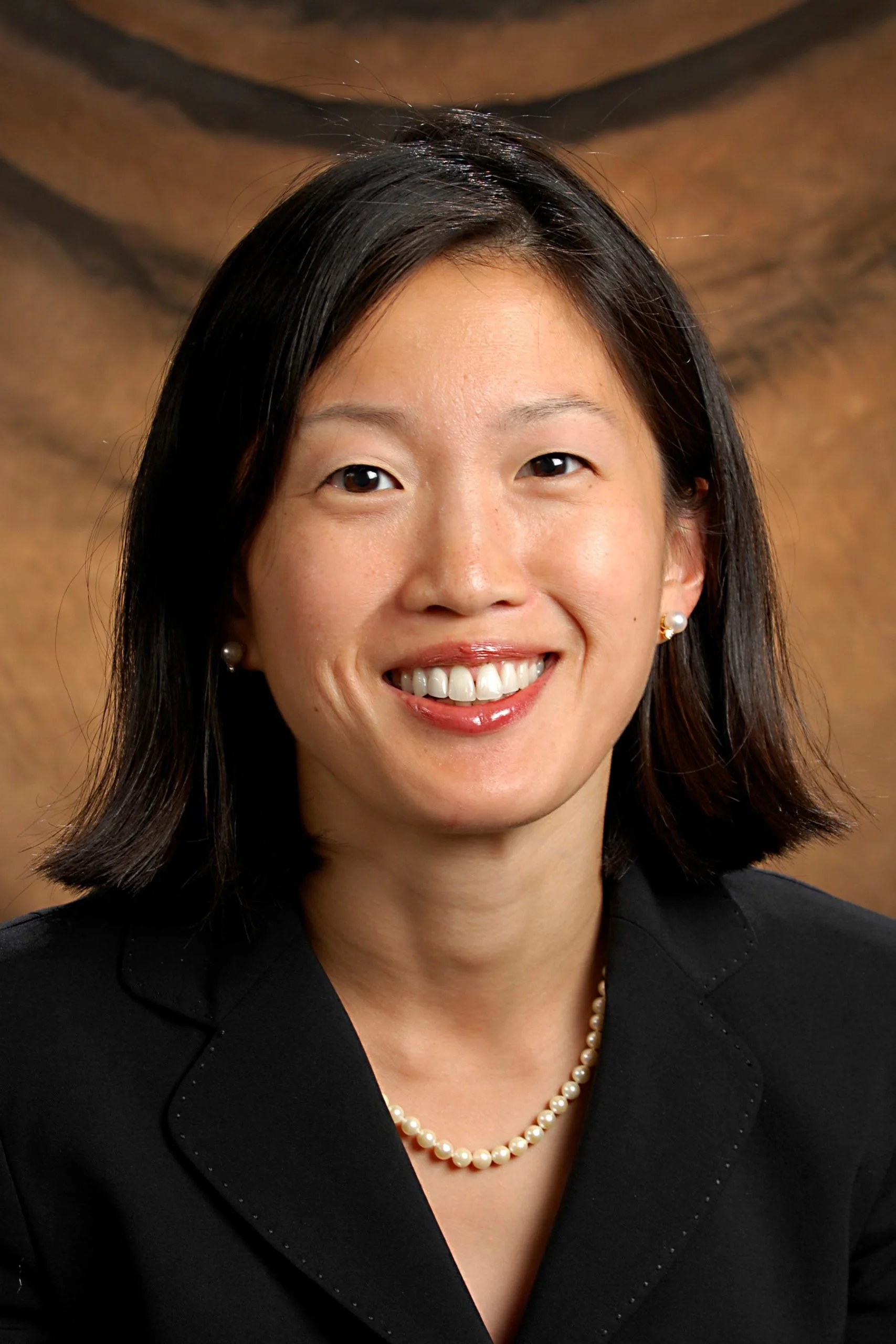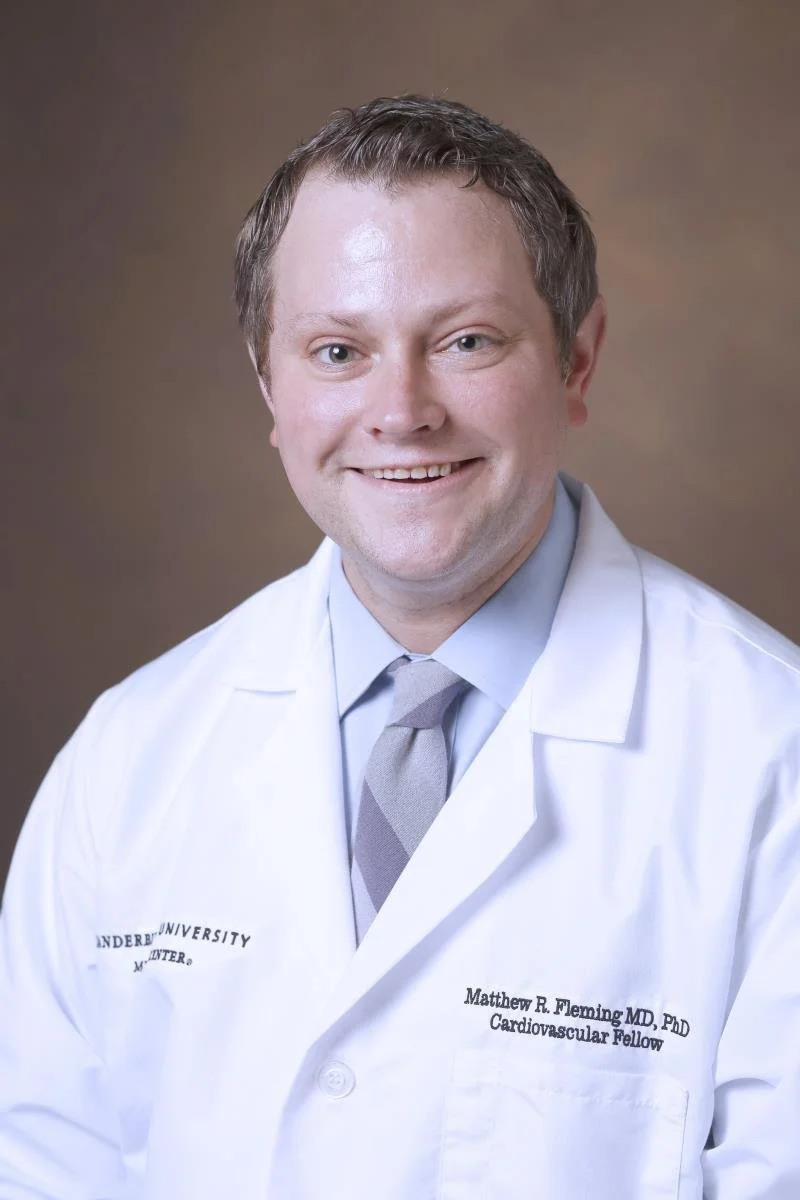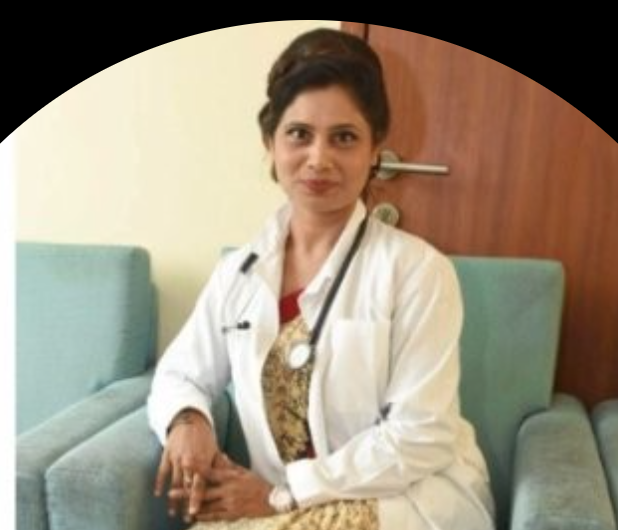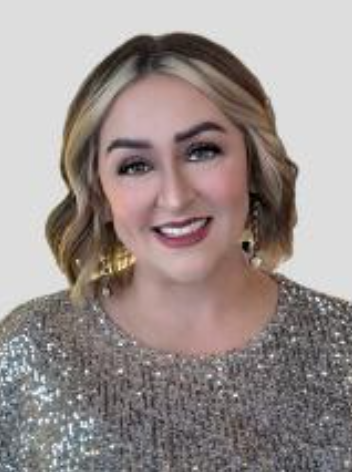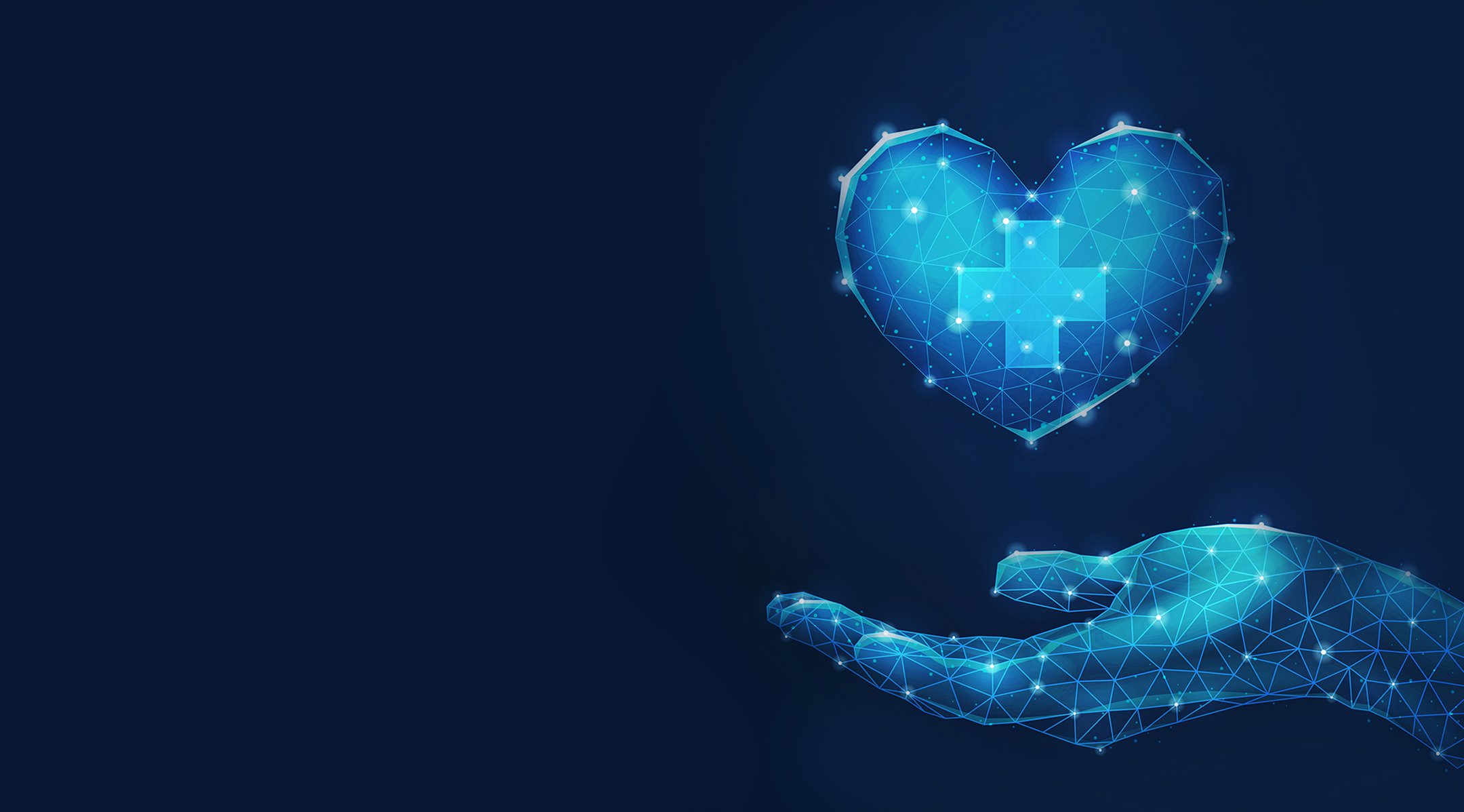
COURSE:
Global Cardio-Oncology Certification Training
In partnership with the International Cardio-Oncology Society
PERSPECTIVE
Cancer and cardiovascular disease (CVD) are interlinked through common risk factors,
co-occurrence in an aging population, and the deleterious effects of cancer treatment on cardiovascular (CV) health.
The relationship between cancer and CVD is bidirectional. Well-known risk factors for CVD, such as tobacco, obesity, physical inactivity, poor nutrition, diabetes, alcohol, hypertension, and hyperlipidemia, are also risk factors for many cancers.
Cancer treatment has been associated with a wide spectrum of short- and long-term cardiotoxic effects, with cardiomyopathy resulting from anthracyclines as a classic example. An explosion of novel cancer therapies has revolutionized the field and dramatically altered cancer prognosis.
-
However, these therapies have introduced unexpected CV complications beyond cardiomyopathy. Ironically, increases in CV morbidity and mortality now threaten to offset the advances in cancer-related survival. Moreover, the epidemiological impact of cancer therapy-related cardiotoxicity is growing, and the number of cancer survivors and aging patients with various CV comorbidities at risk for cancer is increasing.
Oncologists are thus increasingly collaborating with CV specialists to risk-stratify and to address myriad comorbidities and the adverse effects of novel cancer therapeutics, the mechanisms of which are often poorly understood. CV specialists need to have a thorough understanding of the complex pathophysiology that links cancer and CVD and the mechanisms of novel chemotherapeutic agents. Familiarity with the modalities to risk-stratify and detect early CV effects of cancer treatment is among the skills required for optimal care of the cancer patient. With growing recognition of the importance and complexity of the relationship among cancer, its treatment, and CVD, CV professionals need exposure to the field of cancer therapeutics and its effect on CV health.
Cardio-oncology (or onco-cardiology) has emerged as a field of expertise that aims to usher patients safely through cancer therapy and into survivorship while tempering CVD and minimizing risks of cancer therapy, as competing causes of morbidity and mortality. It has become increasingly clear that the involvement of a cardio-oncologist enables the cancer treatment team to provide the most effective cancer therapies while minimizing CV toxicity and improving the health of long-term survivors of cancer. With growing clinical demand, there will be an increasing number of cardio- oncology training programs, located mainly at tertiary/quaternary referral centers.
Program Co-Directors
-

Amit Arbune, MD, MHA, FACC
Assistant Professor
UT Southestern Medical Center
Dallas, Texas
USA -

Sarju Ganatra, MD, FACC
Cardio-Oncology Program at Lahey Hospital and Medical Center
Beth Israel Lahey Health
Burlington, Massachusetts
USA -

Dipti Gupta, MD, MPH
Cardio-Oncology Clinical Research Fellowship Program Director
Memorial Sloan Kettering Cancer Center (MSKCC),
New York City, New York
USA -
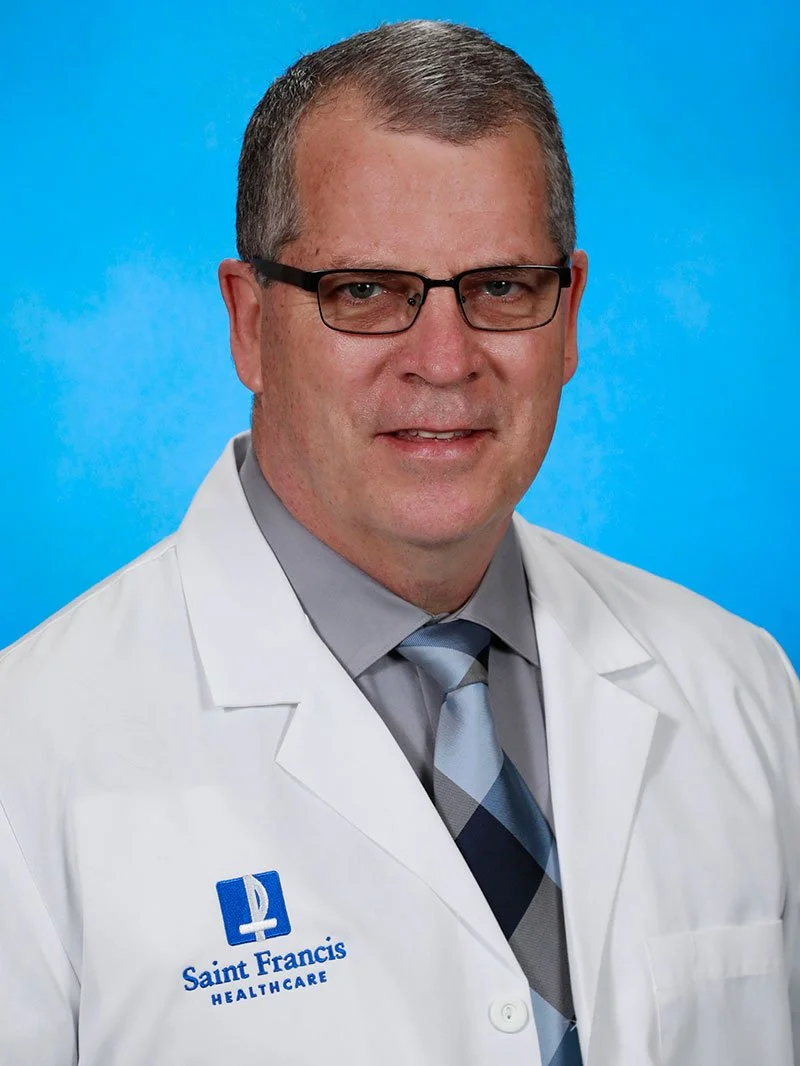
Daniel J. Lenihan, MD, FACC
Founder and Past President -
International Cardio-Oncology Society (IC-OS)
Tampa, Florida
USA
Curriculum Overview
There are three mandatory components and one optional component in this training program.
1.
MANDATORY DIDACTIC COMPONENT
The Global Cancer Consortium in collaboration with The International Cardio-Oncology Society will host the educational content on the GCC website.
The content will be available online so that the enrolled trainees may review it at their own convenience. The website will track their activity.
After completing the didactic component, the trainee will take the Competency Assessment Exams
(100 questions, 70% passing score).
2.
MANDATORY CLINICAL CASE REVIEWS & PRESENTATIONS
Course faculty and trainees enrolled in the course will meet virtually, at least once every quarter, to present and discuss clinical cases and provide an opportunity for trainees to consult with the course directors.
These presentations will ensure patient privacy by removing all identifying information.
3.
MANDATORY CLINICAL COMPONENT
The time of clinical exposure for oncologists and cardiologists/ physicians is 6 months. Clinical exposure in cardio-oncology could occur simultaneously with the didactic component or after successful completion of the competency exams depending upon the requirements set by the participating institute.
For those enrolled in the Train-the-Trainer track, clinical exposure is not required. However, clinical competency needs to be demonstrated.
After successful completion of each mandatory component, trainees will be eligible to take the IC-OS Certification Exams.
Candidates will have a minimum experience of 2 years practicing cardio-oncology at a high-volume center and should be interested in serving as trainers for future trainees in this program.
Train-The-Trainer Track
Trainee Track
Candidates will be:
(a) established or in-training Cardiologists,
(b) established or in-training Hemato-Oncologists,
(c) established or in-training Medicine physicians, or
(d) established or in-training PharmDs.
Clinical exposure is available at the institute of the trainee if appropriate arrangements can be made. An opportunity to gain national (in the trainee’s home country) and international exposure (mainly in USA) may also be available, but cannot be guaranteed. This will depend on the availability of the position, availability of funding and ability to obtain the visa.
4.
OPTIONAL RESEARCH COMPONENT
Interested candidates may be provided mentorship and involved in research projects.
Graduation Criteria
The criteria for Graduation from the Program include:
(1) View all uploaded online video lectures in full.
(2) Successful completion of a test that is based primarily, but not exclusively, on the online video lectures. Achieve a minimum score of 70% to pass the test. You may retake the test multiple times if necessary to pass.
(3) Interact with the assigned mentor at least once in every two months.
(4) Attend at least 75% of case presentations every year and present at least one case.
For those enrolled in the Train-the-Trainer track:
In addition to the 4 requirements mentioned above, there is one more test based on sample cases involving multistep clinical case scenarios. The candidate will be provided a minimum of 10 multistep cases, requiring 80% correct responses for passing.
Mandatory Didactic Component
TRAINING LECTURE VIDEO SERIES
1. MCCAN Conference December 13, 2023 - Part 1. Overview of Cardio-Oncology
Ragavendra R. Baliga, MBBS, MBA, FACC, FRCP, FRS.
Professor of Medicine
Ohio State University - School of Medicine
Columbus, Ohio
USA
2. MCCAN Conference December 13, 2023 - Part 2. Pharmacology of TKI Cardio-toxicity
Aaron Adkinsson, PharmD.
Ambulatory Clinical Pharmacist - CardioOncology/General Cardiology
University of Kentucky Healthcare
Lexington, Kentucky
USA
3. MCCAN Conference December 13, 2023 - Part 3. Role of Cardio-Oncology from Oncology perspective
Amit Arbune, MD, MHA, FACC
University of Kentucky Healthcare
Lexington, Kentucky
USA
4. Cardiovascular Considerations in the Treatment of Renal Cell Carcinoma
Vivek K. Narayan, MD, MS.
Assistant Professor of Medicine (Hematology-Oncology)
University of Pennsylvania
Philadelphia, Pennsylvania
USA
5. Anthracycline Induced Cardiotoxicity and Effective Way of Cardioprotection
Steven E. Lipshultz, MD.
Professor - Department of Pediatrics
University at Buffalo
Buffalo, New York
USA
6. Immune Check Point (ICI) Myocarditis
Tom Neilan, MD, MPH.
Director - Cardio-Oncology Program
and Co-Director - Cardiac MR PET CT Program
Massachusetts General Hospital and Harvard Medical School
Boston, Massachusetts
USA
7. Cardiac Tumors
Arjun K. Ghosh, MBBS, MSc, PhD, FHEA, FACC.
Cardiologist
University College London Hospital and Barts Heart Centre
St Bartholomew's Hospital
London, United Kingdom
8. Role of Global Longitudinal Strain in the Assessment of Cardiotoxicity
Jennifer Liu, MD, FACC.
Cardiologist
Memorial Sloan Kettering Cancer Center
New York, USA
9. What is Cardio-Oncology and Why Do We Need It
Daniel J. Lenihan, MD, FACC
Founder and Past President
International Cardio-Oncology Society (IC-OS)
USA
10. Cardiac Disease in the Cancer Survivor
Joseph R. Carver, MD.
Chief of Staff and Professor of Medicine
Abramson Cancer Center, University of Pennsylvania
Philadelphia, Pennsylvania
USA
11. Cardiovascular Considerations for Patients Undergoing Stem Cell Transplantation
Saro H. Armenian, DO, MPH.
Professor and Chair - Department of Pediatrics
City of Hope Comprehensive Cancer Center
Duarte, California
USA
12. Prostate Cancer and Heart
Avirup Guha, MD.
Cardiologist
Medical College of Georgia
Augusta, Georgia
USA
13. T Cell Therapy Cardiotoxicity
Anju Nohria, MD.
Cardiologist
Dana Farber Cancer Institute and Harvard Medical School
Boston, Massachusetts
USA
14. Latest Clinical Trial Updates for ATTR-CM and AL-CM
Michelle M. Kittleson, MD, PhD.
Professor of Medicine
Cedars-Sinai Medical Center
Director of Education in Heart Failure and Transplantation
and Director of Heart Failure Research
Smidt Heart Institute - Cedars-Sinai Medical Center
Los Angeles, California
USA
15. Creating a Business Case for Cardio-Oncology
Avirup Guha, MD.
Cardiologist
Medical College of Georgia
Augusta, Georgia
USA
Deborah W. Sundlof, DO.
Division of Cardiology
Associate Chief of Quality Cardiology
Lehigh Valley Health Network
Bethlehem, Pennsylvania
USA
16. Permissive Cardiotoxicity
Charles B. Porter, MD.
Medical Director - Cardio-Oncology Program
University of Kansas Health Systems
Kansas City, Kansas
USA
17. Research Opportunities and Challenges in Cardio-Oncology - How to Leverage Big Data
Sourbha S. Dani, MD.
Cardiologist
Lahey Hospital & Medical Center
Burlington, Massachusetts
USA
18. Arrhythmia Management in Pediatric Cardio-Oncology
Michael G. Fradley, MD.
Section Chief
Consultative Cardiology and Medical Director
Thalheimer Center for Cardio-Oncology
University of Pennsylvania
Philadelphia, Pennsylvania
USA
19. Risk Stratification in Breast Cancer Patients
Susan F. Dent, MD.
Professor of Medicine
Duke Cancer Institute
Durham, North Carolina
USA
20. Cardiac Amyloidosis
Joshua D. Mitchell, MD, MSCI, FACC, FICOS.
Associate Professor of Medicine
Director - Cardio-Oncology Center of Excellence, Cardiovascular Division
Washington University School of Medicine
St Louis, Missouri
USA
21. Cardioprotection During Cancer Therapy
Daniel J. Lenihan, MD, FACC.
Founder and Past President
International Cardio-Oncology Society (IC-OS)
USA
22. Mechanistic Risk Prediction and Mitigation in Cancer Therapy Cardiotoxicity
Bonnie Ky, MD.
Professor of Medicine
University of Pennsylvania School of Medicine
Director
Penn Center for Quantitative Echocardiography
Director
Thalheimer Center for Cardio-Oncology Cardiovascular Institute
and Institute for Translational Medicine and Therapeutics
Philadelphia, PA
USA
23. Using Biomarkers for Testing in Cardio-Oncology
Jose Alvarez-Cardona, MD.
Assistant Professor
Department of Medicine
NYU Grossman School of Medicine
New York University School of Medicine
New York, USA
Matthew Erhardt, MD, MS
Associate Member
Department of Oncology
Department of Epidemiology and Cancer Control
St. Jude Children’s Hospital
Memphis, TN
USA
24. Risk Stratification in Cardio-Oncology
Stephanie Dixon, MD, MPH.
Assistant Member
Department of Oncology, Department of Epidemiology and Cancer Control
Comprehensive Cancer Center, St. Jude Children’s Hospital
Memphis, Tennessee
USA
Matthew R Fleming, MD, PhD.
Instructor in Medicine
Division of Cardiovascular Medicine
Department of Medicine - Vanderbilt University
Nashville, Tennessee
USA
25. The Necessity for Cross-institutional Collaborations
and Globalization of the Field of Cardio-oncology
Tochukwu M. Okwuosa, DO.
Professor
Department of Internal Medicine
Rush University
Chicago, Illinois
USA
26. The Role of Pharmacology in Cardio-Oncology
Sarah Maryon-Hayes, PharmD, BCOP.
Hematology/Oncology Clinical Pharmacy Specialist
North Memorial Health and Hematology/Oncology
& Blood and Marrow Transplant Staff Pharmacist
University of Minnesota Medical Center
Minneapolis, Minnasota
USA
27. Cardio-Oncology in India
Sheela Sawant, MD.
Professor and Cancer-Oncologist
Tata Memorial Hospital
Tata Memorial Centre
Parel, Mumbai
India
28. Cardiac Issues during Active Cancer-directed Treatment-Experience
of Cardio-oncology Clinic at a Tertiary Cancer Hospital in India
Anuprita Daddi, MD.
Assistant Professor
Tata Memorial Centre
Parel, Mumbai
India
29. Survivorship and Cardio-Oncology
Anecita Fadol, PhD, FNP-BC, FAANP, FAAN, FHKAN
Associate Professor
Department of Nursing & Cardiology
MD Anderson Cancer Center
Houston, TX
USA
30. Echocardiography in Cardio-Oncology, a Sonographers Perspective.
Niki McKibben, BHS, RDCS.
Lead Cardiac Sonographer
UK Gill Heart & Vascular Institute
Lexington, KY
USA
31. Cardio-Oncology from Oncologist perspective – 5FU Re-challenge Experience.
Reema Patel, MD.
Associate Professor
Division of Medical Oncology
Program Director
UK Hematology-Oncology Fellowship
UK Markey Cancer Center
Lexington, Kentucky
USA
32. Clinical Approach to Cardiovascular Toxicity of Oral Antineoplastic Agents.
Vijay U Rao, MD, PhD, FACC, FASE, FHFSA, FICO.
Director
Cardio-Oncology IC-OS Center of Excellence
Director
Heart Failure and Anticoagulation
Franciscan Health
Indianapolis, Indiana
USA
33. Me, You and HER2.
Aaron B Adkisson, Pharm D, BCCP.
Clinical Pharmacist
Cardio-Oncology
UK College of Pharmacy
UK Cardio-Oncology Program
Lexington, Kentucky
USA
Ready To Apply?
Enrollment process for prospective Cardio-Oncology trainees:
• Submit the contact form and your CV to Dr. Stephen Casselli, Executive Director, IC-OS
• Fill out an application form provided by Dr. Casselli.
After careful review, the applications will be approved if they meet the eligibility criteria for one of the two tracks mentioned above. Only those applicants who are approved for enrollment in the course will pay their Fees directly to IC-OS for the IC-OS Certification Exams before gaining access to the online lectures.
Instructions for payment of fees will be provided by Dr. Stephen Casselli.
Course Copyright
The lectures are delivered online and remain the intellectual property of the faculty member who delivered them. Access is provided only to those who register for the course. Individuals enrolled in the course may use the original content for their learning and completion of course requirements. Course recordings may not be reproduced, shared with anyone, or uploaded to other online environments. Trainees are not permitted to re-record the video and audio recordings of the course material. Downloading, copying, photographing or distributing them is prohibited. Trainees registered for the course are expected to maintain the security of their internet accounts used to access the recorded course materials.


